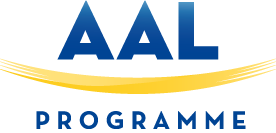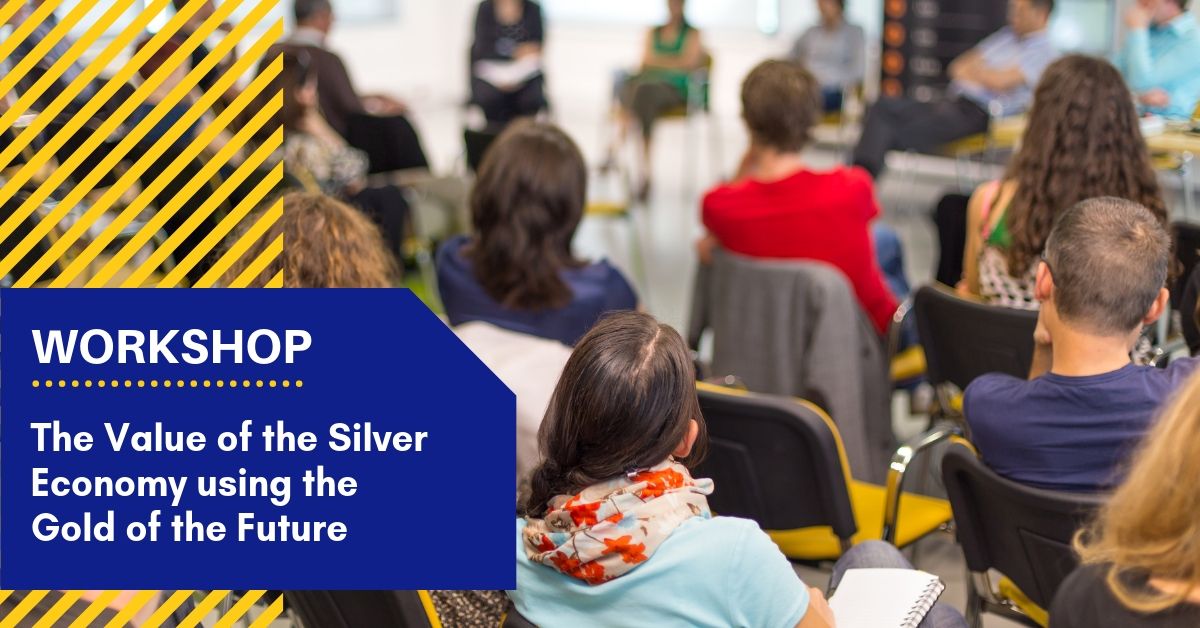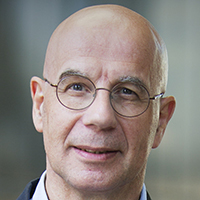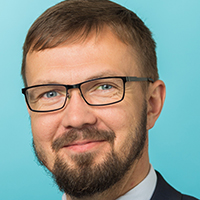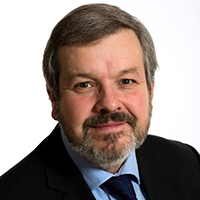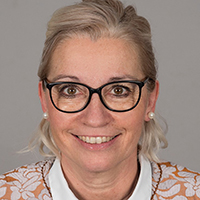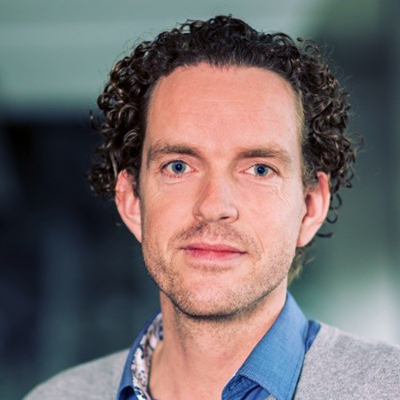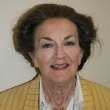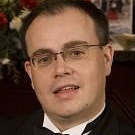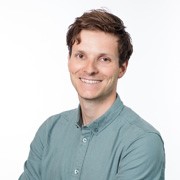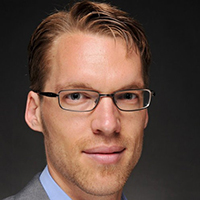Workshop 1
The Value of the Silver Economy using the Gold of the Future
Theme 3
Tuesday 24 September 9:00-10:30
Room: Suecia
Data is the new gold, but it brings in new and unprecedented issues related to ethics and privacy. Home sensors, geolocalization, and trackers, for instance, provide us with useful knowledge on how to protect and improve the lives of seniors. Digital solutions are rapidly utilized by older adults themselves to measure health conditions, improve lifestyle and a feeling of security and autonomy. Moreover, it can give care and social professionals and companies new tools to develop new solutions and faster implementation.
However, the collection of data raises questions about ethics: what type of data is collected and why, for example. Workshops in this theme should focus on topics such as home sensors, professional level, GDPR, data privacy in different countries, and how to overcome the barriers that data privacy represent for development of new solutions.
This session comprises presentations from a number of practitioners and academics from various countries. They will provide good practical examples of how the appropriate use of data has been important in delivering benefits to older people. They will focus on the lessons learned from their experience in various policies and projects, including the pitfalls encountered and how those problems were overcome. The aim is to encourage awareness and confidence in these services in both the providers and the users through session discussions. In addition, four or five participants will be invited to present one slide each with their views on this topic.
We will ask:
- Is bigger data always better data?
- Do organisations have the absorptive capacity needed?
- Do they have the development capability?
- Big Data is not ‘a free lunch’, so who pays?
- Have you got the Leadership, Talent management, and Decision-making skills?
- How do you know Users’ views?
Output from all presentations will be included in a special report for AAL after the event. A full report will be included in the EKTG Newsletter, EU Newsletters and affiliated Newsletters from presenters. A full published report will be submitted to a Peer Reviewed Journal.
Speakers:
– Paul Timmers (Chief Advisor EIT Health, Visiting Fellow Oxford University, former Director European Commission, who helped when EKTG was created in Denmark 2010)
– Rait Kuuse (Deputy Secretary General for Social Policy, Estonia)
– George MacGinnis (Challenge Director, Healthy Ageing, UK Research and Innovation)
– Christiane Brockes (CEO alcare Wil, lectureship University Zurich “Clinical Telemedicine / eHealth”, Switzerland and EKTG International Ambassador)
– Henk Herman Napp (Senior Researcher, Vilans Company and Technische Universiteit, Eindhoven, Netherlands and EKTG International Ambassador)
– Maggie Ellis (EKTG Coordinator)
And three commentators showing one slide for one minute. These include:
– John McGrory, School of Electrical & Electronic Engineering, Dublin
– Dirk Lukkien, Senior Researcher at Vilans, PhD student AI in long-term care, Rivierenwijk, Overijssel Province, Netherlands
– Frederic Ehrler, Hôpitaux Universitaires de Genève, HUG · Medical Information
Chair:
– Nicola Filizola, AAL Programme
Paul Timmers
Rait Kuuse
George MacGinnis
Christiane Brockes
Henk Herman Napp
Maggie Ellis
John McGrory
Dirk Lukkien
Frederic Ehrler
